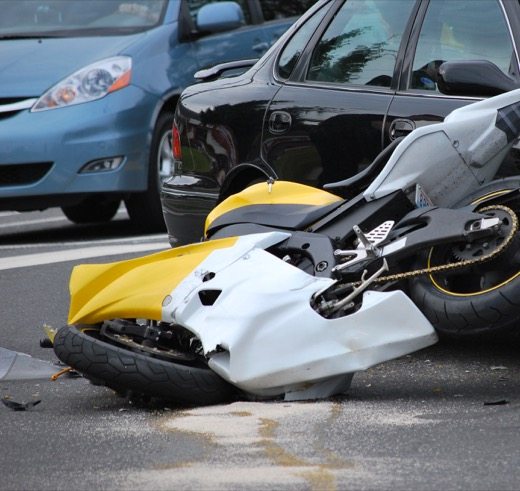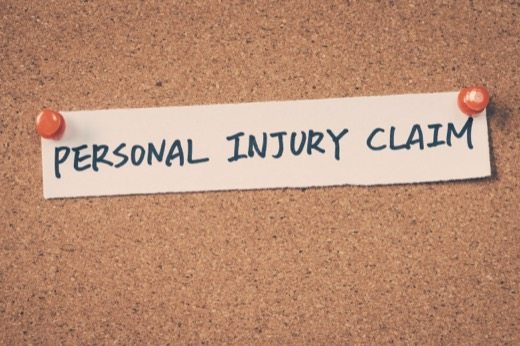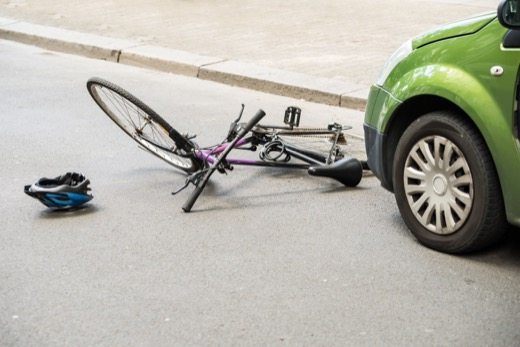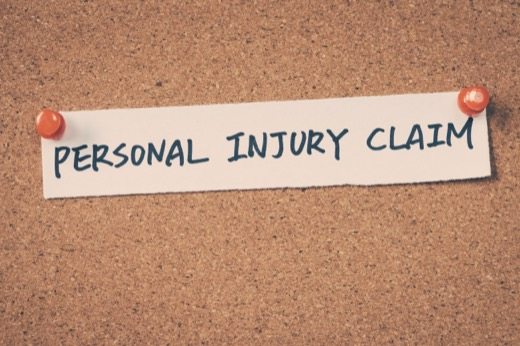Motorcycle Safety – The Mythbuster’s Edition
Motorcycle safety is critical to one’s ongoing ability to ride on the open road. Some of the most horrific motorcycle crashes are attributable to inattentive drivers of cars. However, some other crashes can be attributable to wild animals, unexpected weather, or operator error. The purpose of this article is to discuss several motorcycle myths, with an eye towards creating an even safer operating environment for motorcyclists.
Myth 1: Conventional Brakes Stop Better than Anti-Lock Brakes
Testing done on a clean, flat, dry pavement by experienced drivers showed that motorcycles equipped with anti-lock brakes (ABS) stopped in less distance than those bikes equipped with linked braking systems or conventional systems.
Myth 2: Bikers are Safer on Side Streets than on the Interstate
Interstates have controlled access. This means that, unlike on side streets, all traffic enters heading the same way. There is no risk of a careless driver speeding through an intersection hoping to beat the red light, which could result in an accident. There are also no pedestrians to worry about. Finally, if you are unfortunate enough to drive off the freeway, as opposed to a side street, either in an attempt to avoid a crash, or as the result of one, you are far less likely to crash into something on the side of the road.
Myth 3: One Beer Will Not Affect Me
One beer won’t get you to DUI level intoxication (unless you drink at an establishment that sells 64 ounce beers, that is), but it is false to believe it won’t impact your judgement. Studies show that one beer can increase your willingness to take risks. This can impact the risks you take to yourself (such as speeding up to make it through that now yellow, soon to be red light up ahead), as well as risks to others (such as presuming that pedestrian won’t attempt to cross the street with you approaching). You should also be aware that your metabolism changes as you get older. Your body may require more time to process alcohol than it did when you were younger.
Myth 4: With Sufficient Skill and Experience, a Rider Can Handle Any Challenge
While it would be great if this were true, no amount of skill or experience can trump the laws of physics. If you are traveling at 60 miles per hour, and the car that is 10 feet in front of you crashes into the truck in front of them and comes to a complete stop, you are not going to be able to stop. If you are between a mountain and an 18 wheeler, and the 18 wheeler decides to move into your lane and doesn’t see you, you may not have time or room to respond. Consequently, understanding that there are things that cannot be controlled for is paramount. With this understanding that even with skill and experience, situations can present problems, slow down, scan further ahead, consider potential possible challenges that may present themselves. As an added precaution, make sure to wear appropriate clothing and protective gear.
Myth 5: Helmets Just Lead to Closed Head Injuries
Several motorcyclists have argued that they choose not to wear helmets, because wearing a helmet will lead to closed head injuries whereas a choice not to wear helmets in the same accident will lead to a fast death. While it is certainly true that a failure to wear a helmet can lead to death, it can also lead to more closed head injuries. Studies done by the Center for Disease Control (CDC) found that the use of helmets reduced the risk of death due to a motorcycle crash by 37 percent. Additionally, using helmets reduces the risk of head injuries by 69 percent.
Myth 6: Older Motorcyclists are Less Likely to Suffer Fatal Injury in Motorcycle Crashes
This is simply not supported by the data. When reviewing fatal injuries of motorcycle drivers by age and motor cycle type the data is as follows:
For cruisers and standard motorcycles, 49 percent of the fatalities occurred in users ages 50 and older;
For touring bikes, 68 percent of fatalities occurred in users ages 50 and older; and
For sport touring bikes, 58 percent of fatalities occurred in users ages 50 and older.
Myth 7: Motorcycle Helmets Interfere with Vision and Hearing
Studies performed by the Centers for Disease Control actually have found that helmets do not interfere with either vision or hearing. In fact, in addition to reducing head injuries and fatalities, helmets offer much needed eye protection, which enables riders to operate more safely.
Myth 8: Motorcycles Are as Safe a Form of Transportation As Any
Motorcycles are actually the most hazardous form of motor vehicle transportation. This is not a commentary on motorcyclists. Rather, it is a reflection of a host of contributing factors. Motorcyclists, by the very nature of motorcycles, are less protected than passengers in cars. Additionally, motorcyclists aren’t as visible as other cars, which can lead to crashes.
What To Do If You Have Been Injured in a Motorcycle Accident or Lost a Loved One in a Motorcycle Accident
Even if you or a loved one has taken every precaution, has had sufficient training on road rules and safety, and has experience, crashes are sometimes unavoidable. This may be attributable to a drunken driver, a careless driver, unsafe road conditions, or any number of other factors. Whether or not you are entitled to be compensated for your motorcycle related injuries will be dependent on the facts and circumstances of your individual case.
At Madalon Law, our lawyers are well versed in the area of motorcycle accidents and liability. If you have been injured in a motorcycle accident, or if you have lost a loved one due to a motorcycle crash, you may be entitled to compensation for your injuries or loss of a loved one. Contact our skilled Florida motorcycle accident lawyers for a free consultation to discuss your specific situation. There is no fee unless we prevail on your claim.
















